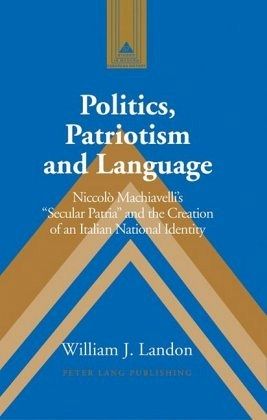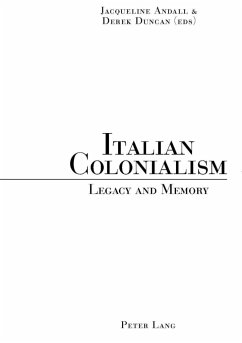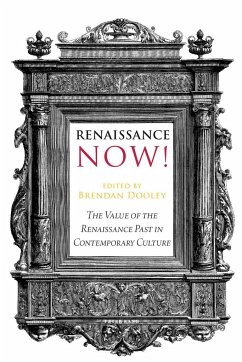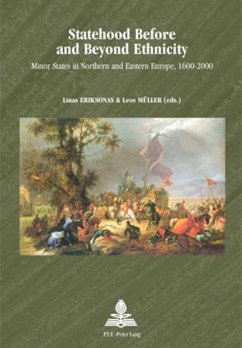
Politics, Patriotism and Language
Niccolò Machiavelli's 'Secular Patria' and the Creation of an Italian National Identity
Herausgegeben: Coppa, Frank J.
Versandkostenfrei!
Versandfertig in 6-10 Tagen
76,95 €
inkl. MwSt.

PAYBACK Punkte
0 °P sammeln!
Niccolò Machiavelli may not have been a cynical realist as he is often portrayed. On the contrary, this book argues that he precociously possessed the characteristics of an impassioned, sometimes misguided idealist, obsessed with the idea of Italian unification, but blinded to the practicalities of attaining that goal. William J. Landon suggests that these characteristics may help to explain his appeal to Italy's "Risorgimento" founders. This interdisciplinary volume, which also contains the first translation of a "Discourse or Dialogue Concerning our Language" since 1961, works well as a cor...
Niccolò Machiavelli may not have been a cynical realist as he is often portrayed. On the contrary, this book argues that he precociously possessed the characteristics of an impassioned, sometimes misguided idealist, obsessed with the idea of Italian unification, but blinded to the practicalities of attaining that goal. William J. Landon suggests that these characteristics may help to explain his appeal to Italy's "Risorgimento" founders. This interdisciplinary volume, which also contains the first translation of a "Discourse or Dialogue Concerning our Language" since 1961, works well as a core text, or as a complement to courses in Renaissance history, literature or political science.












